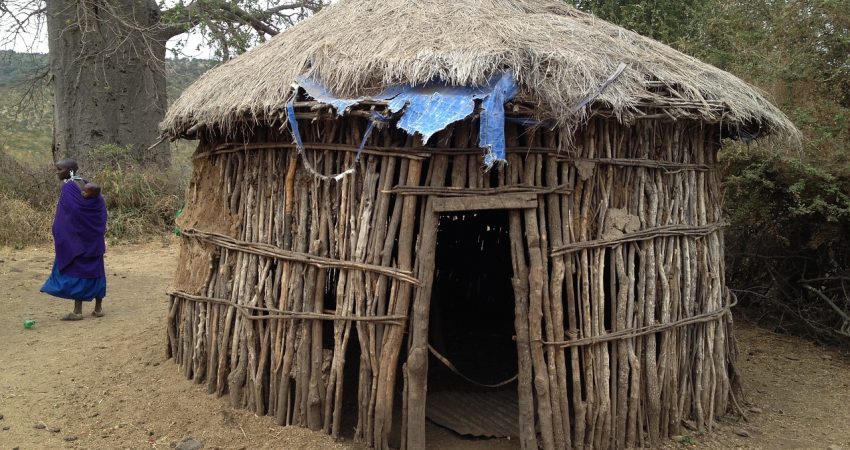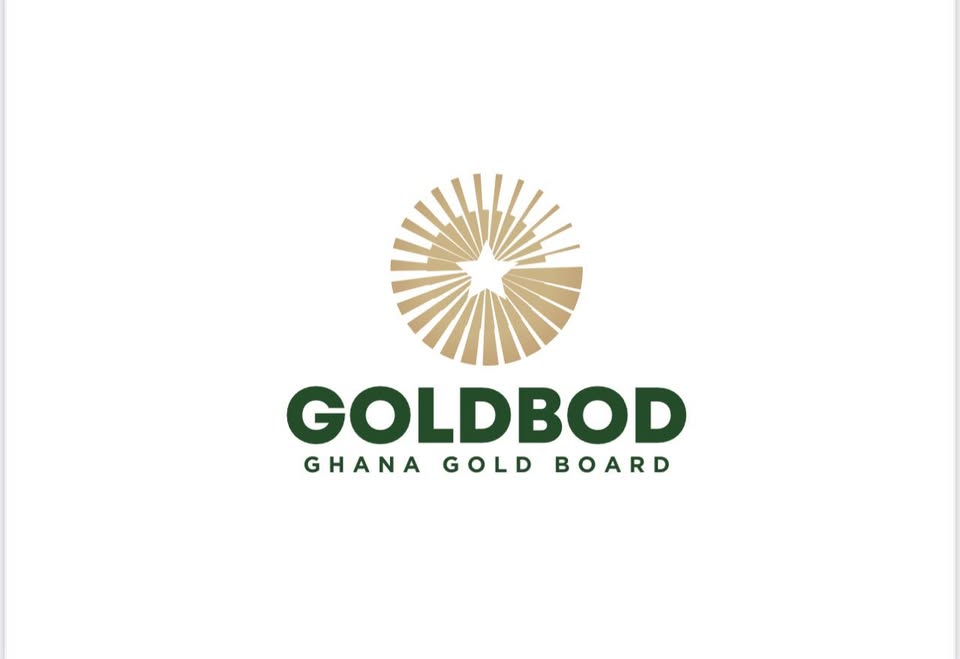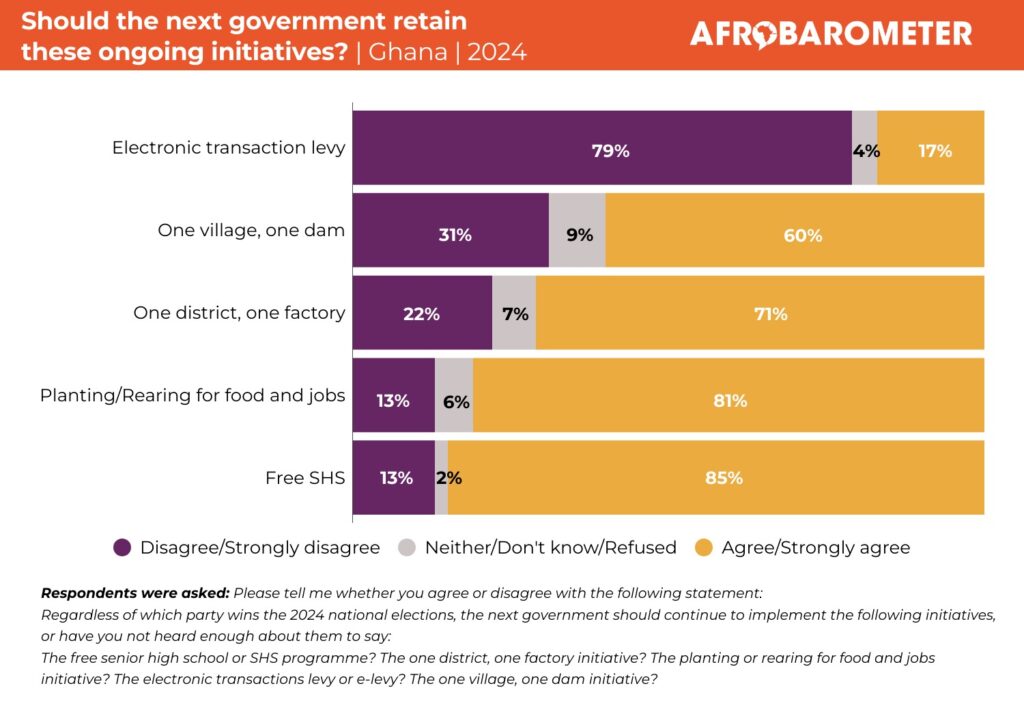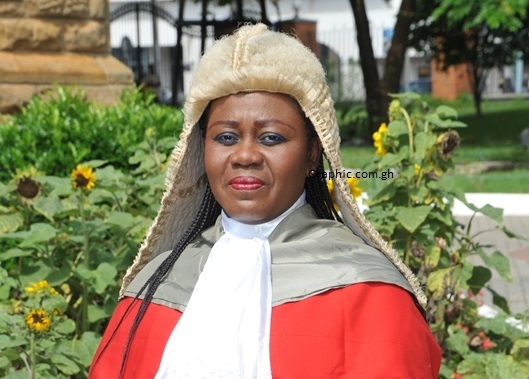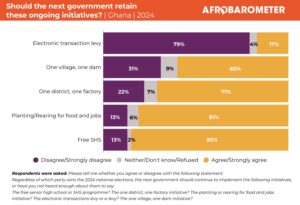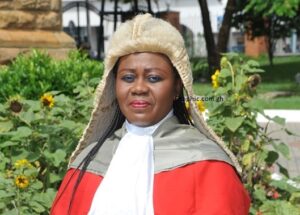In 2006, Michael Ross, a political scientist, wrote a thought-provoking article titled “Is Democracy Good for the Poor?” Among many things in that article, he said this “democracy unquestionably produces noneconomic benefits for people in poverty, endowing them with political rights and liberties. But for those in the bottom quintiles, these political rights produced few if any improvements in their material well-being.”
But writing in 2009, another political scientist, Giovanni Carbone, highlighted one of the key assertions of the democracy discourse which is that “democracy lowers poverty levels.” Although he did not conclude that democracy has not provided any “improvements in the material well-being” he did warn that a consequence of democratization is that, at some point, citizens will demand a “broader balance sheet” of what democracy has been delivering against what it costs.
Against this backdrop, I ask – has democracy been good for Ghana’s Poor?
Who Is Poor In Ghana?
There are many measures of poverty. For this piece, as I regularly do, I turn to data from the Afrobarometer survey. In the survey, Ghanaians are asked “over the past year, how often, if ever, have you or anyone in your family gone without…” in five key areas: food, water, cooking fuel, medical care, and cash income. The response choices are – never, just once or twice, several times, many times, and always. Using their responses, a lived poverty index is constructed which places Ghanaians into four categories of experiences with lived poverty – no lived poverty, low lived poverty, moderately lived poverty, and high lived poverty.
I take it a step further to place Ghanaians into two groups – poor (moderate plus high-lived poverty) and not poor (no plus low-lived poverty). What percentage of Ghanaians fall into the category of poor based on their experiences with lived poverty? The Round Two data (2002) placed forty-two percent (42%) of Ghanaians in the category of poor. In subsequent rounds (2005, 2008, 2012, 2014, and 2017) this dropped steadily to nineteen percent (19%) by 2017. However, between 2017 and 2022, those falling into this category increased to thirty-four percent (34%).
What has the consequences of democratization been for the material well-being of this group? How does this group answer the question “How well or badly would you say the current government is handling the following matters…” in the Afrobarometer survey?
The overall answer is a) it depends on the issue and b) overtime the consequences have not been very positive.
Democracy And The Material Well Being Of Ghana’s Poor
Let’s look at seven key issues – jobs, education, reliable electricity, health, water and sanitation, narrowing income gaps between the rich and poor, and improving the living standards of the poor. Let’s also look at it from two angles – a) average over time; and b) change over time across eight rounds of the survey between Round 2 (2002) and Round 9 (2022).
On average, here are the percentages of poor people who say government has been handling these seven issues “fairly well or very well”– addressing education needs (57%); improving basic health services (53%); providing reliable electricity (44%); providing water and sanitation services (36%); creating jobs (30%); improving the living standards of the poor (29%); and narrowing income gaps between the rich and poor (22%).
Over time, here is how the sentiments of this group have declined in terms of those who say government has been handling these seven issues “fairly well or very well” comparing responses from Round 2 (2002) to Round 9 (2022) – providing water and sanitation services (-32%); improving the living standards of the poor (-29%); narrowing income gaps between the rich and poor (-28%); creating jobs (-28%); addressing education needs (-28%); improving basic health services (-21%); and providing reliable electricity (-15%).
I must note that there are periods where this group felt extremely positive about government’s handling of these seven issues especially in Round 2 (2002) and Round 4 (2008).
Where Do We Go From Here?
The poor have not turned their backs on democracy. In Round 2 (2002) fifty-one percent (51%) said “democracy is preferable to any other form of government.” In Round 9 (2022), seventy-five percent (75%) expressed the same sentiment about democracy. If anything at all, support for democracy has grown stronger.
It is election season. Political parties and their candidates will make several promises to voters as they travel across the country campaigning. I hope that there will be specific plans that address the pinch points of vulnerable groups such as the poor.
As Giovanni Carbone said in 2009, two things are likely to happen when democracy fails to deliver – “it loses legitimacy, and its future becomes shakier.” But as I have always said Ghanaians have made their peace with democracy. I am truly convinced about that.
 John Osae-Kwapong (PhD) is a Democracy and Development (D&D) Fellow at CDD-Ghana.
John Osae-Kwapong (PhD) is a Democracy and Development (D&D) Fellow at CDD-Ghana.


